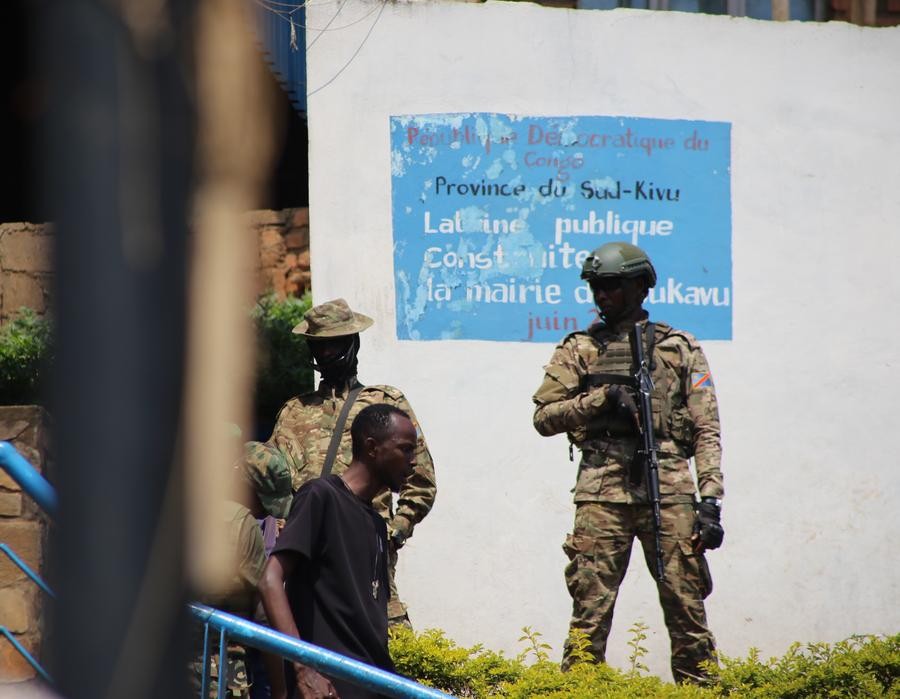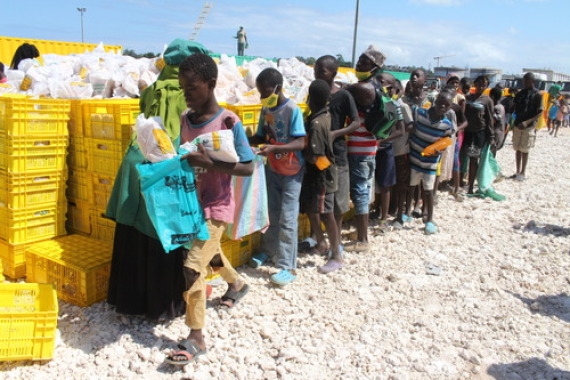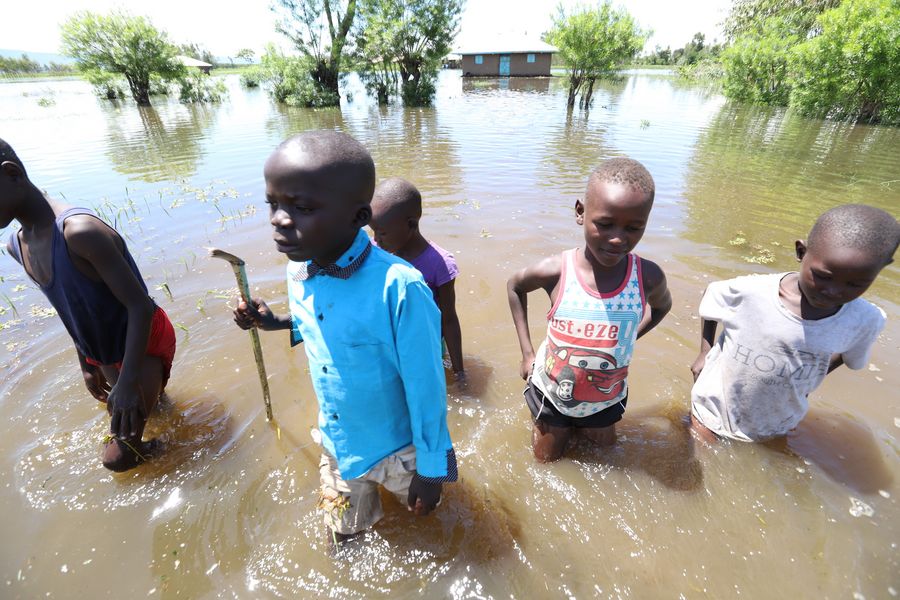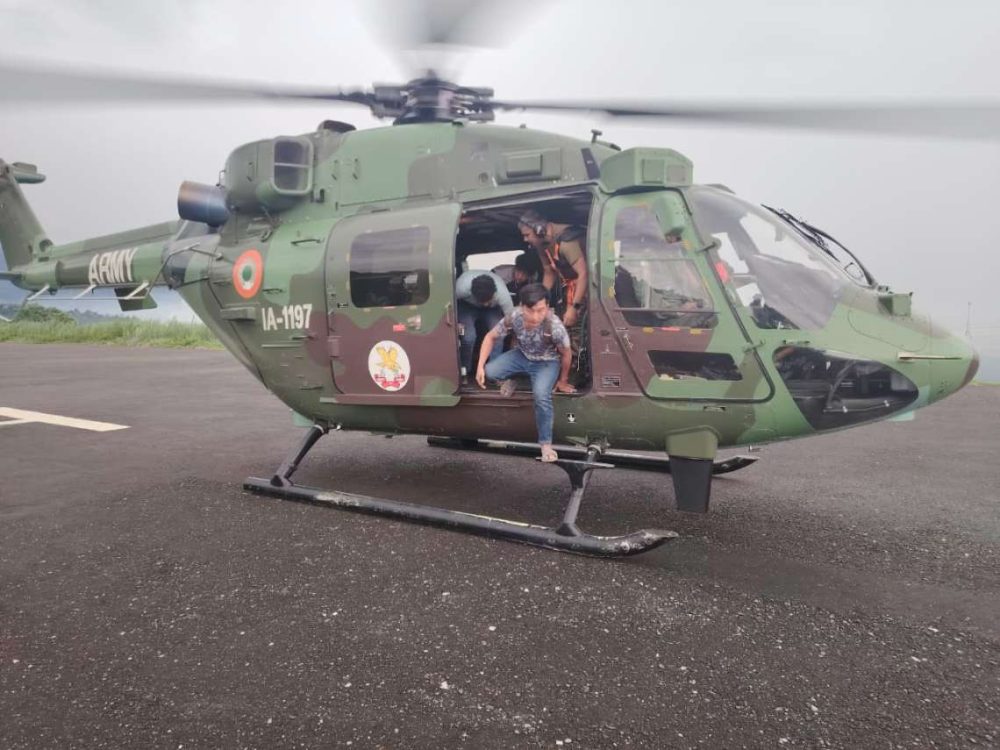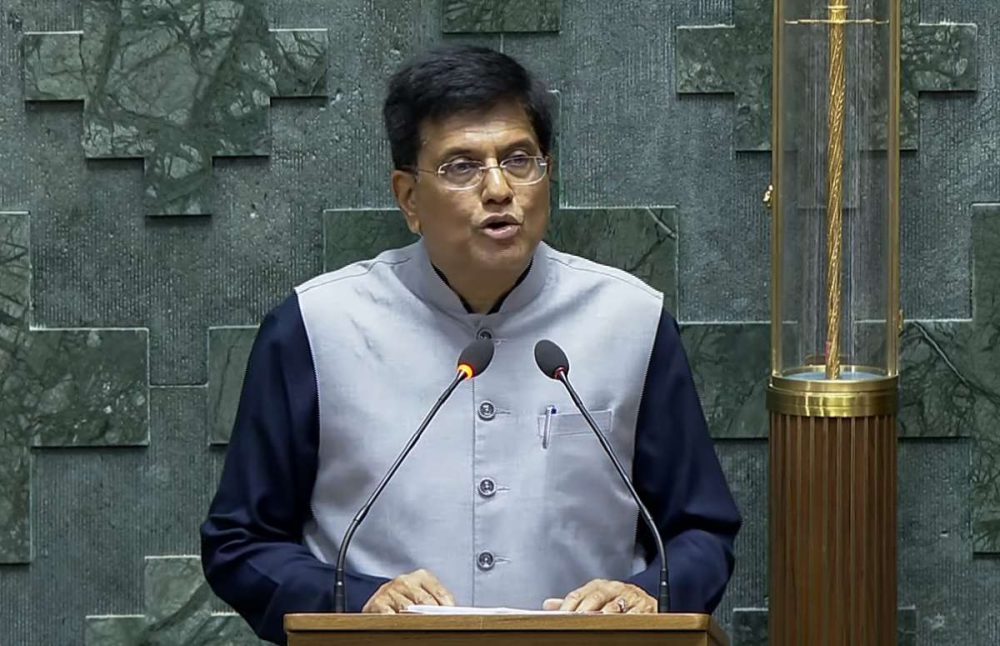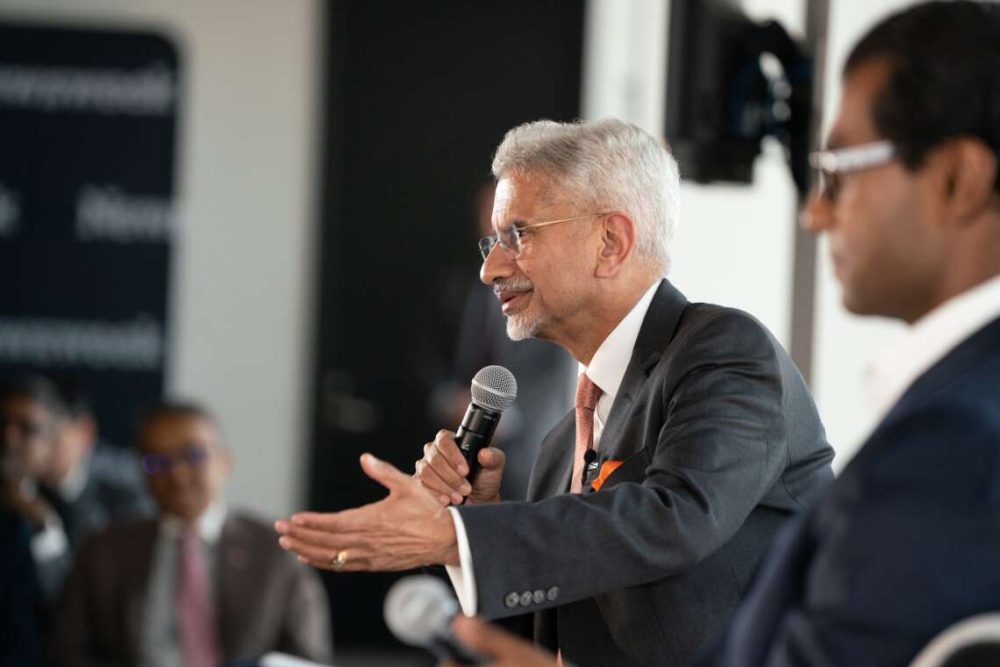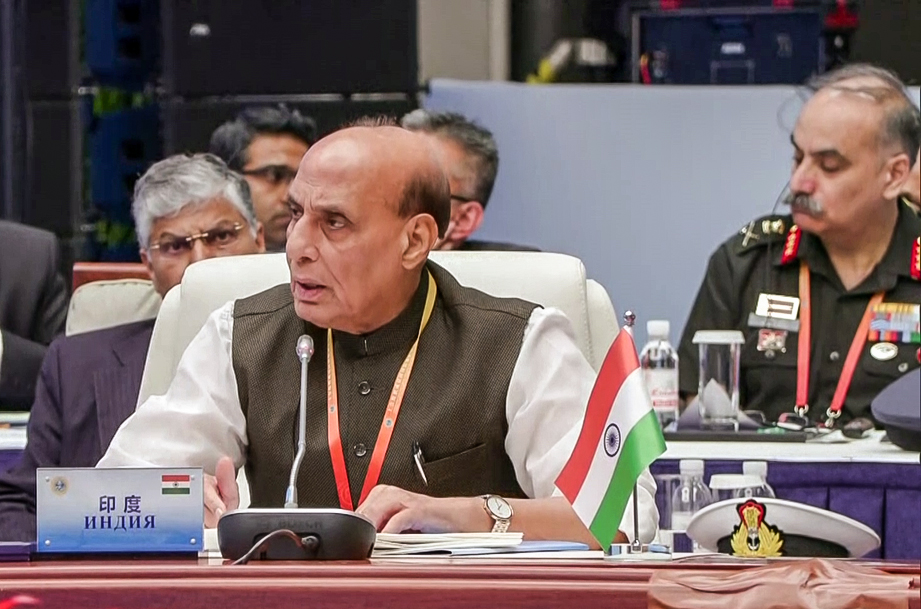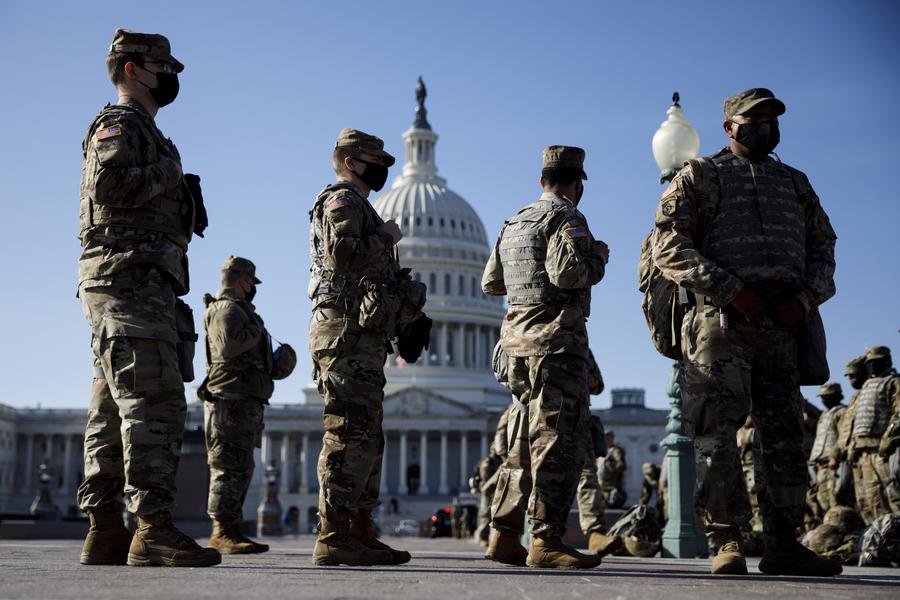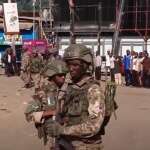Twin boat tragedies on Congo River expose deepening crisis of unsafe travel in Equateur province…reports Asian Lite News
At least 193 people have died and scores remain missing after two separate boat accidents in north-western Democratic Republic of Congo this week, according to government officials and state media reports. The tragedies, which occurred just a day apart in Equateur province, have once again drawn attention to the perilous conditions of river travel in the vast central African nation.
The first accident took place on Wednesday in the Basankusu territory of Equateur. A motorised wooden vessel carrying a large number of passengers, many of them students, capsized while navigating the Congo River at night. State media confirmed that at least 86 people were killed, while several others were unaccounted for. Though no official figure was released for those missing, eyewitnesses suggested the true toll may be significantly higher.
Images circulating from the scene showed villagers gathering to mourn over recovered bodies laid along the riverbank. State media attributed the disaster to “improper loading and night navigation,” citing local officials. In the absence of detailed government statements, speculation grew about negligence and poor oversight. A local civil society group accused authorities of failing to enforce safety regulations and claimed the death toll exceeded official figures.
Barely 24 hours later, disaster struck again, about 150 kilometres away in Lukolela territory. On Thursday evening, a whaleboat with nearly 500 people on board caught fire and capsized near the village of Malange. Congo’s Ministry of Humanitarian Affairs confirmed the accident in an official report, noting that 209 survivors were rescued from the waters. The precise number of missing passengers remained unclear by Friday evening.
The boat, believed to have been overcrowded, was travelling at night when the fire broke out. Rescue operations were launched, but in the darkness, efforts were hampered, and dozens are still feared lost. Survivors described scenes of panic as passengers leapt into the river in desperation, many unable to swim.
River accidents are tragically common in the Democratic Republic of Congo, where waterways are the main transport arteries across the sprawling nation. Vast stretches of the country lack usable roads, forcing people to rely on large wooden boats to move passengers and goods between remote towns and cities.
But these vessels are often poorly maintained, heavily overloaded, and rarely equipped with basic safety equipment such as life jackets. Travel at night, though officially discouraged, is frequent, as operators attempt to shorten long journeys. When accidents occur, darkness makes rescue operations extremely difficult and leaves many victims’ bodies unrecovered.
The double tragedy has reignited anger among Congolese citizens and civil society groups, who accuse the government of negligence and of failing to address chronic safety failures in the country’s transport system. “These accidents are not new. They are a result of state abandonment and lack of enforcement of safety standards,” one activist group from Equateur said in a statement on Friday.
The Ministry of Humanitarian Affairs acknowledged the severity of the incidents but has yet to announce any formal inquiry. Questions remain about the exact causes of both accidents and the adequacy of rescue efforts. Authorities could not be immediately reached for further comment.
Past disasters on the Congo River and its tributaries have sparked similar outcries, yet little has changed. In May this year, more than 40 people died when a boat capsized in Mai-Ndombe province. In 2021, a vessel carrying over 700 passengers sank in the same province, leaving hundreds dead or missing.
Transport unions and aid organisations have long urged the government to enforce stricter regulations on passenger numbers, mandate life-saving equipment on board, and restrict night navigation. But enforcement is patchy, and many operators, under financial pressure, continue to flout the rules.
As the scale of this week’s losses became clearer, communities in Equateur province gathered to grieve. Families searched riverbanks for missing relatives, while survivors recounted harrowing escapes. In Malange, where Thursday’s fire and capsizing occurred, local residents offered shelter and food to those rescued.
President Félix Tshisekedi has yet to make a public statement on the twin disasters. Analysts suggest the government will face growing pressure to respond, not only to the immediate needs of survivors and bereaved families but also to the deeper structural failings that allow such tragedies to repeat with grim regularity.
For many Congolese, the accidents symbolise the lethal intersection of poverty, weak infrastructure, and official neglect. “Every time, it is the same story,” said a local teacher in Basankusu. “Too many people, no life jackets, and the government looks away until people die.”
Observers fear the situation may worsen as demand for river transport continues to grow, particularly in rural areas cut off from road networks. The Congo River, one of the world’s largest waterways, is vital to the nation’s economy and daily life, but without urgent reforms, it risks remaining a deadly passage for thousands who have no alternative means of travel.
As of Friday evening, the final death toll from the two accidents remained uncertain. With dozens still missing, officials warned that the number of victims could rise in the coming days.
The twin tragedies have left the Equateur province reeling and the nation once again mourning preventable deaths. Unless meaningful action follows, many fear such disasters will continue to claim lives with devastating regularity.



